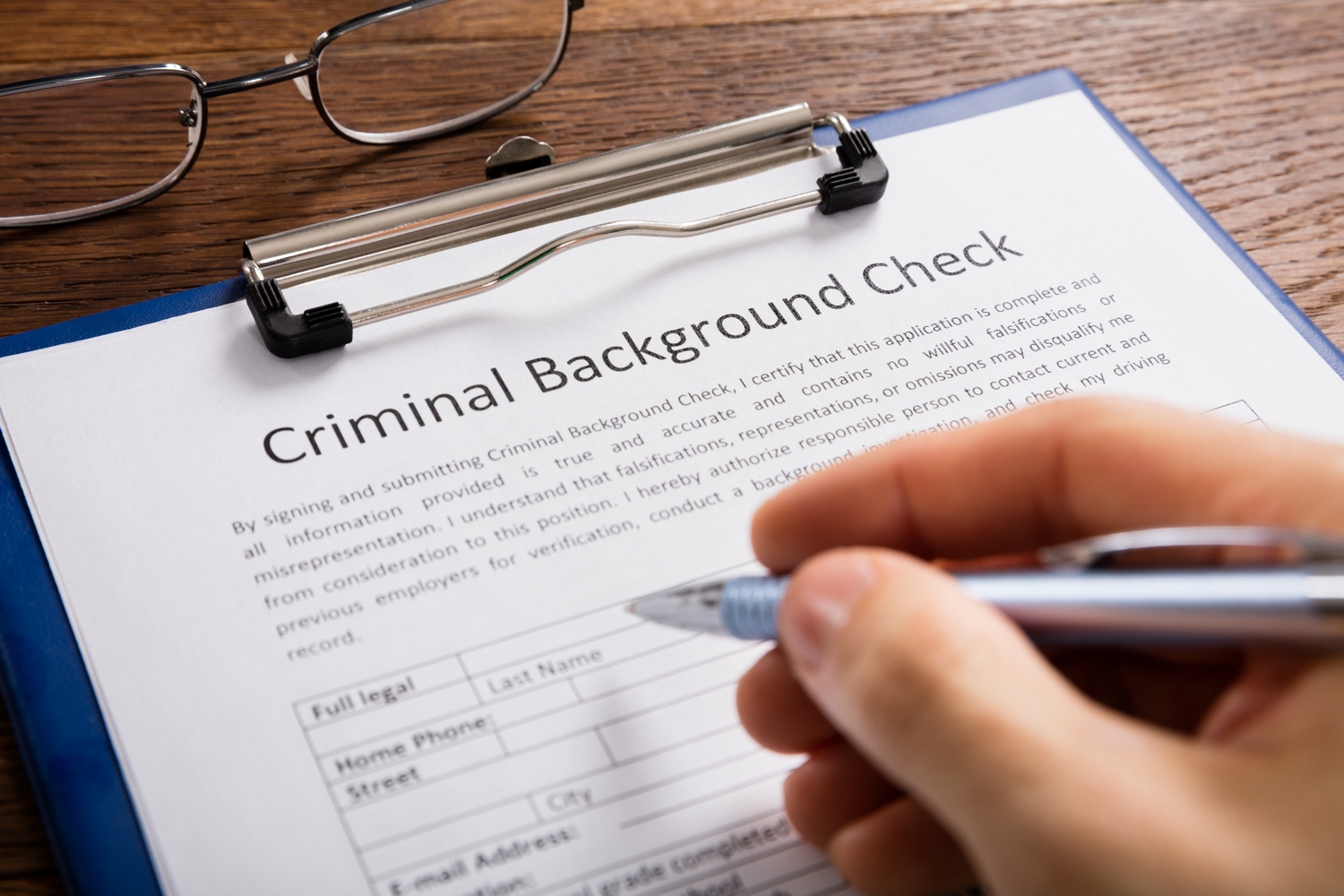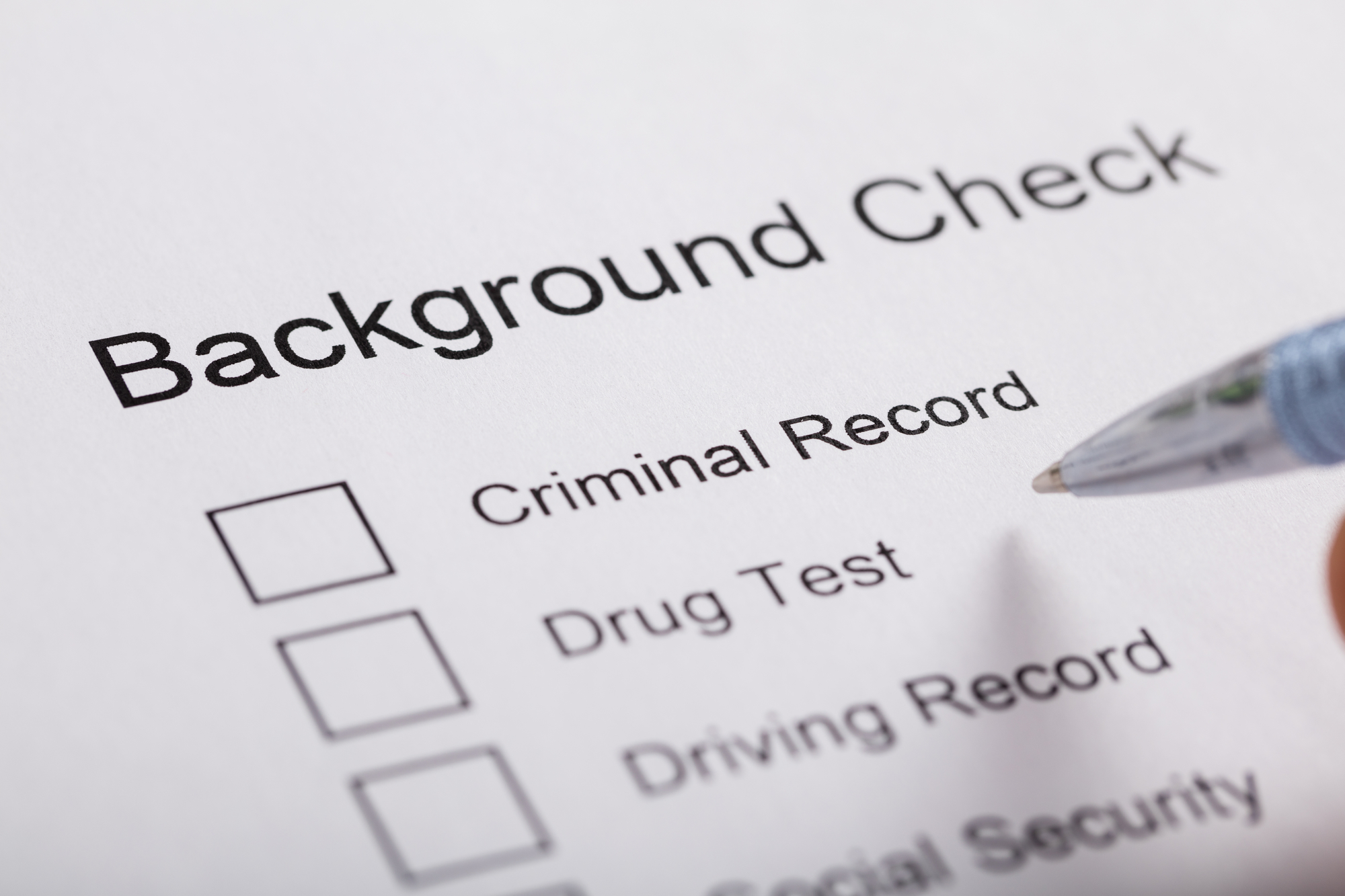In the complex landscape of the modern workplace, understanding your rights as an employee is crucial for maintaining a healthy and fair work environment. Employment laws are designed to protect workers and ensure that employers adhere to certain standards. In this blog, we’ll explore the basics of employment law, empowering…
The term “background check” can refer to either name-based checks (which are used by the majority of background check companies) and biometric or fingerprint checks (which are used primarily by law enforcement). In this article, we’ll go over some of the benefits and limitations of fingerprinting, and how it should…
A criminal record is simply information that’s kept about a person’s arrests and convictions. State, local and federal authorities store and use them for many purposes. They can be used for identification and to locate possible suspects in unsolved cases. Courts can also use criminal records to determine sentences for…
Employers are allowed to commission or gather background information on current and potential employees, including criminal background checks. However, the United States Equal Employment Opportunity Commission (EEOC) maintains strict rules governing the procedures employers must follow for background checks and what information they can access. The employee must be notified…
Canada and the United States are similar and different in many ways. One of the most different parts is their employment legislation. While both countries are great avenues for job seekers, the latter need to know the differences between the laws governing their chance of getting and maintaining a job.…





